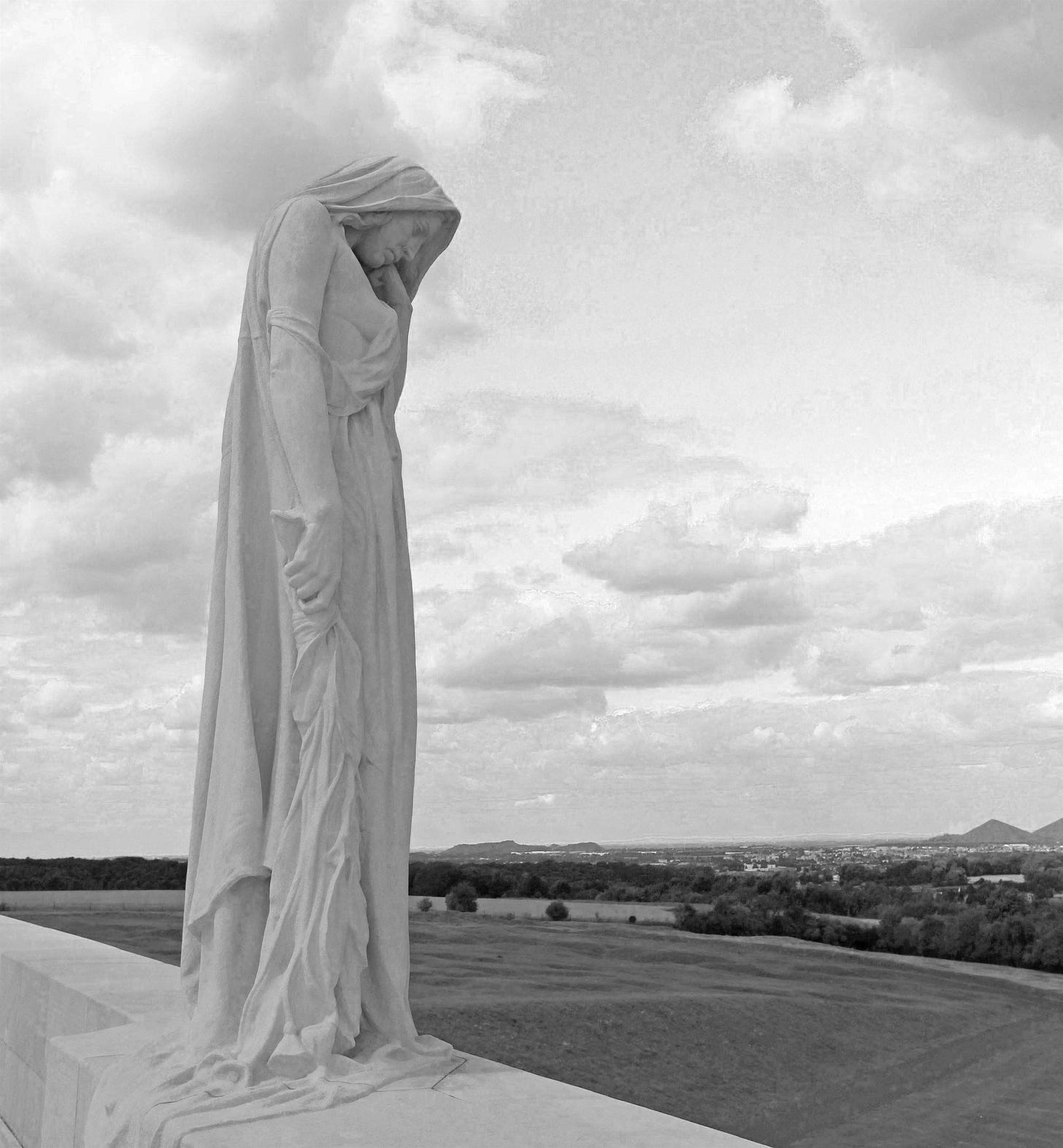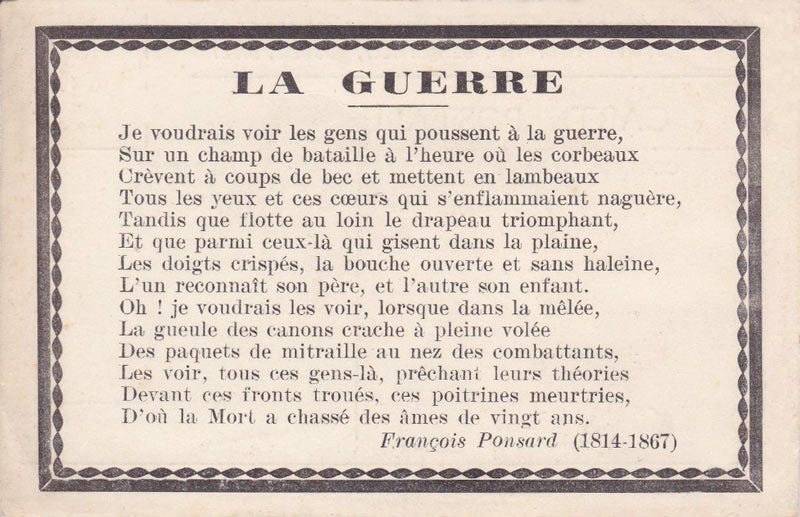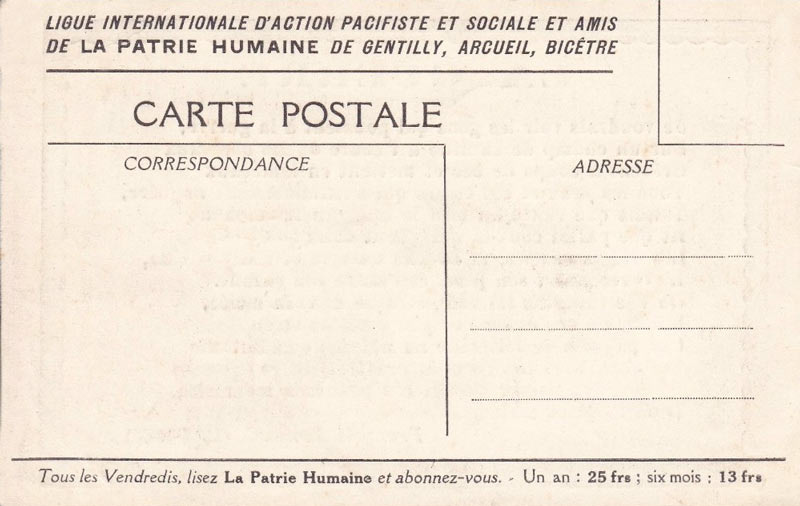When the Crows Strike With Their Beaks
An anti-war poem by René Ponsard (1826-1894), wrongly attributed to François Ponsard (1814-1867)
On page 173 of Charles Richet's Les Guerres et la Paix; Étude sur l'arbitrage international (Paris: Schleicher Frères, 1899), I found a poem attributed to “Ponsard” (my liberal translation):
I would like to see those who push for war
On a battlefield when the crows
Strike with their beaks and tear shreds
From all the eyes and hearts that once did blaze.
While a triumphant flag flutters in the distance,
From amongst the bodies lying out on the plain
With their fingers clenched and mouths open and breathless,
One person recognises his father, and another a son.
Oh yes, I would like to see them when, during the attack,
The cannons belch resounding volleys
Of grapeshot into the combattants' faces.
To see all those people preaching their theories
In front of those pierced skulls, those mangled chests,
From which Death had chased twenty-year-old souls.
The original sonnet, often titled La Guerre:
Je voudrais voir les gens qui poussent à la guerre,
Sur un champ de bataille, à l’heure où les corbeaux
Crèvent à coup de becs et mettent en lambeaux
Tous ces yeux et ces coeurs qui s’enflammaient naguère.
Tandis que flotte au loin le drapeau triomphant,
Et que parmi ceux-là qui gisent dans la plaine,
Les doigts crispés, la bouche ouverte et sans haleine,
L’un reconnaît son frère et l’autre son enfant.
Oh ! Je voudrais les voir, lorsque dans la mêlée
La gueule des canons crache à pleine volée,
Des paquets de mitraille au nez des combattants.
Les voir tous ces gens-là prêcher leurs théories
Devant ces fronts troués, ces poitrines meurtries
D’où la mort a chassé des âmes de vingt ans.The poem gained popularity after the First War, and even circulated as a postcard:


Like the postcard above, the French Wikipedia entry and most other online sources attribute the poem to François Ponsard (1814-1867), but it is not in either volume of his collected works (Paris: Michel Lévy Fréres, 1865). See links to Vol. I and Vol. II.
The earliest mention I could find of the text was in The Herald of Peace (Vol. 17, 1 July 1881, on page 263) and they claim to have taken it from Les États unis d'Europe; Organe de la Ligue internationale de la paix et de la liberté, but there is no byline.
Some digging on Gallica turned up a response from one A. Patay (likely Adolphe Patay, 1825-1923) to a query in L'Intermédiaire des chercheurs et curieux (20 février 1910, p. 254), explaining that the poem was not written by Ronsard (!!!), nor by François Ponsard, but by his “dear friend” René Ponsard (1826–1894) and can be found in the second edition of his Echos du Bord (Paris: Lemonnyer, 1884) at page 279:
I was unable to find a digital copy of this second edition, and the poem does not appear in the first edition (Paris: Poulet-Malassis, 1862) on Google Books…
Still, the style seems similar enough to René Ponsard’s other work that I see little reason to doubt Patay’s response in L'Intermédiaire.


